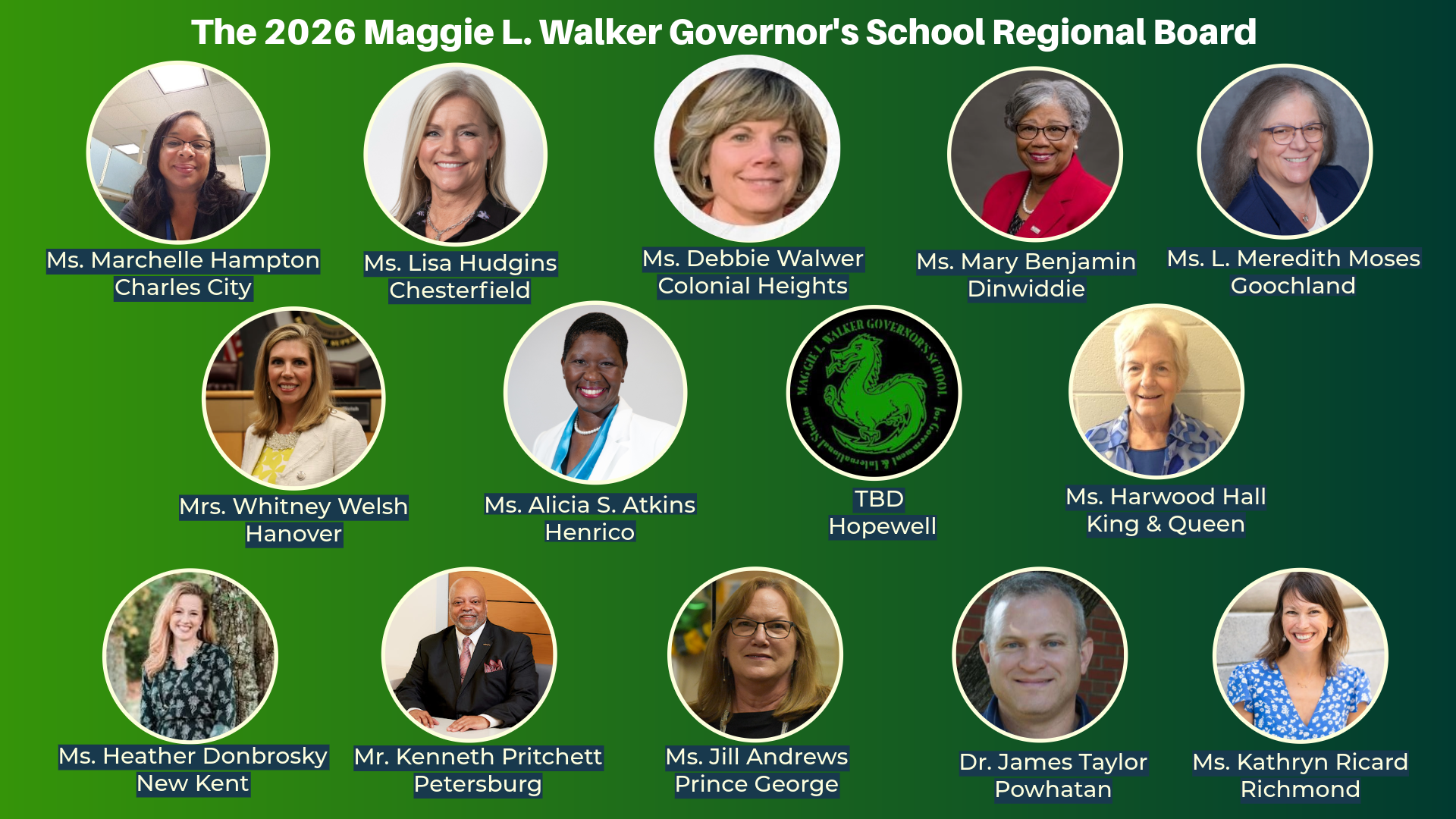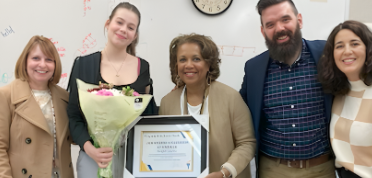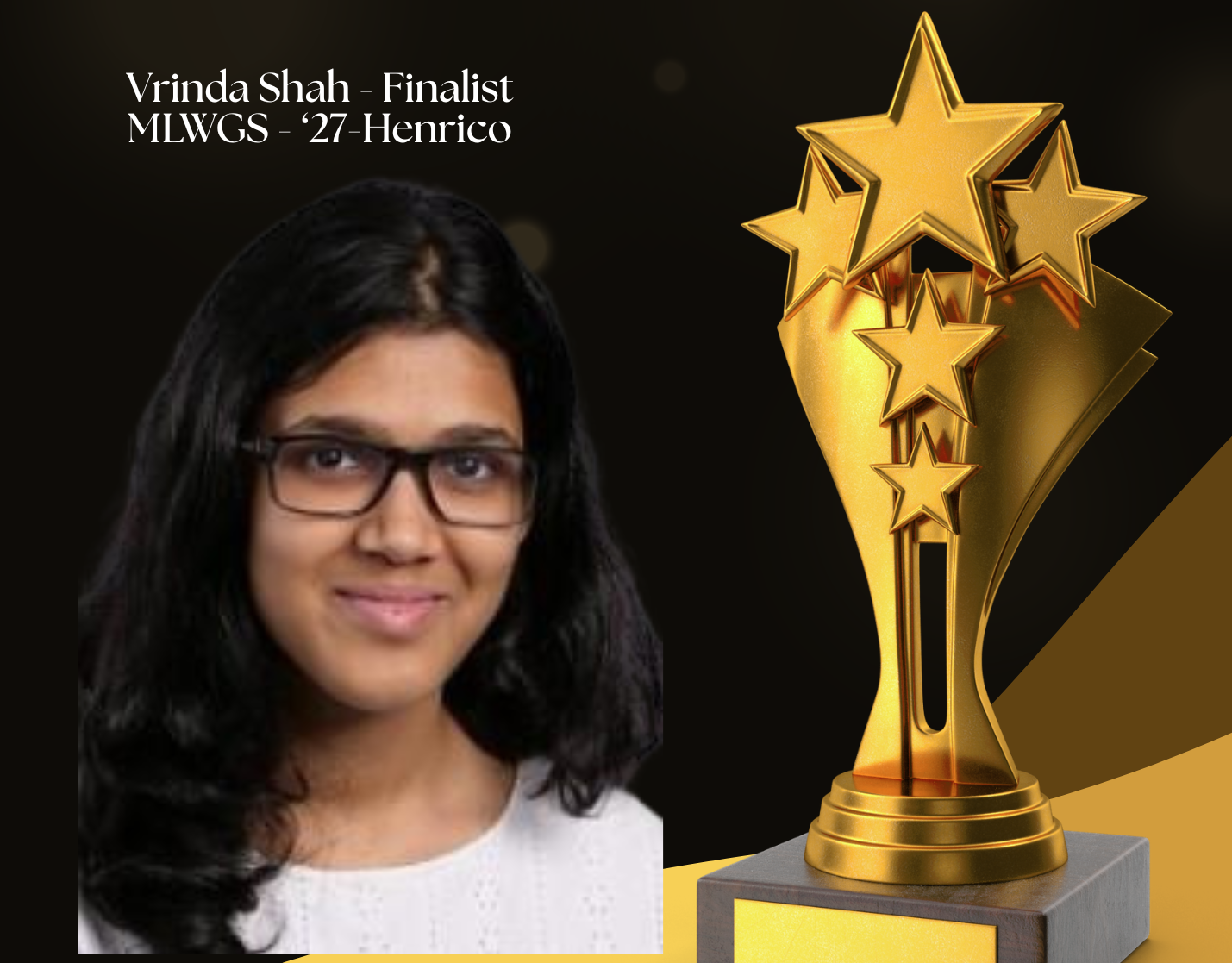http://m3challenge.siam.org/node/3
Of the 1,128 papers submitted in this year’s Moody’s Mega Math Challenge, the MLWGS team paper was judged to be among the top six. This is a distinguished accomplishment, given the rigorous and intense scrutiny that their paper endured. Walker’s team is guaranteed one of The Moody’s Foundation’s top six scholarship prizes.
Team members must present their solution to a panel of professional applied mathematicians in the final validation phase of judging. This presentation by the entire team on Monday, April 27, is required to win a top six prize. Final rank order of the top six teams will be confirmed during this phase of judging. Presentations will take place in Manhattan on April 27, 2015.
The top six prize-winning teams receive scholarship awards ranging from $2,500 to $20,000, which are divided equally among team members and paid directly to the colleges or universities at which the winning students enroll.
Maggie Walker’s team is guided by faculty advisor Dickson Benesh, and comprised of students Anant Kharkar (Henrico), William Overman (Hanover), Pranay Vissa (Henrico), Wilton Wu (Henrico), and Alan Zhang (Chesterfield). For the competition, students were asked to model the increasing costs of a college education as well as the earning potential for STEM and non-STEM majors. In the 14-hour contest window, our team wrote a 20-page paper that utilized high-level mathematics to formulate career path recommendations for high school students.
About the M3 Challenge
The M3 Challenge spotlights applied mathematics as a powerful problem-solving tool, as a viable and exciting profession, and as a vital contributor to advances in an increasingly technical society. Scholarship prizes total $125,000. The Challenge is entirely Internet-based and there are no registration or participation fees. Each high school may enter up to two teams of three to five junior and/or senior students. No exceptions will be made to allow underclassmen. Homeschooled and cyberschool students may also participate. Students choose which day they wish to work on Challenge weekend and have 14 hours (7:00 a.m. to 9:00 p.m. local time) to solve an open-ended, applied math-modeling problem focused on a real-world issue. Teams can work from any location they choose and can use any free and publicly available resources, but they may not discuss any aspect of the problem with, or seek help from, their coach or anyone other than their teammates via any medium.
Panels of Ph.D.-level applied mathematicians serve as judges in three rounds of judging. Teams selected for the top six prizes are required to present their papers at the confirmation (third) judging round to determine final rank-order of those papers.




